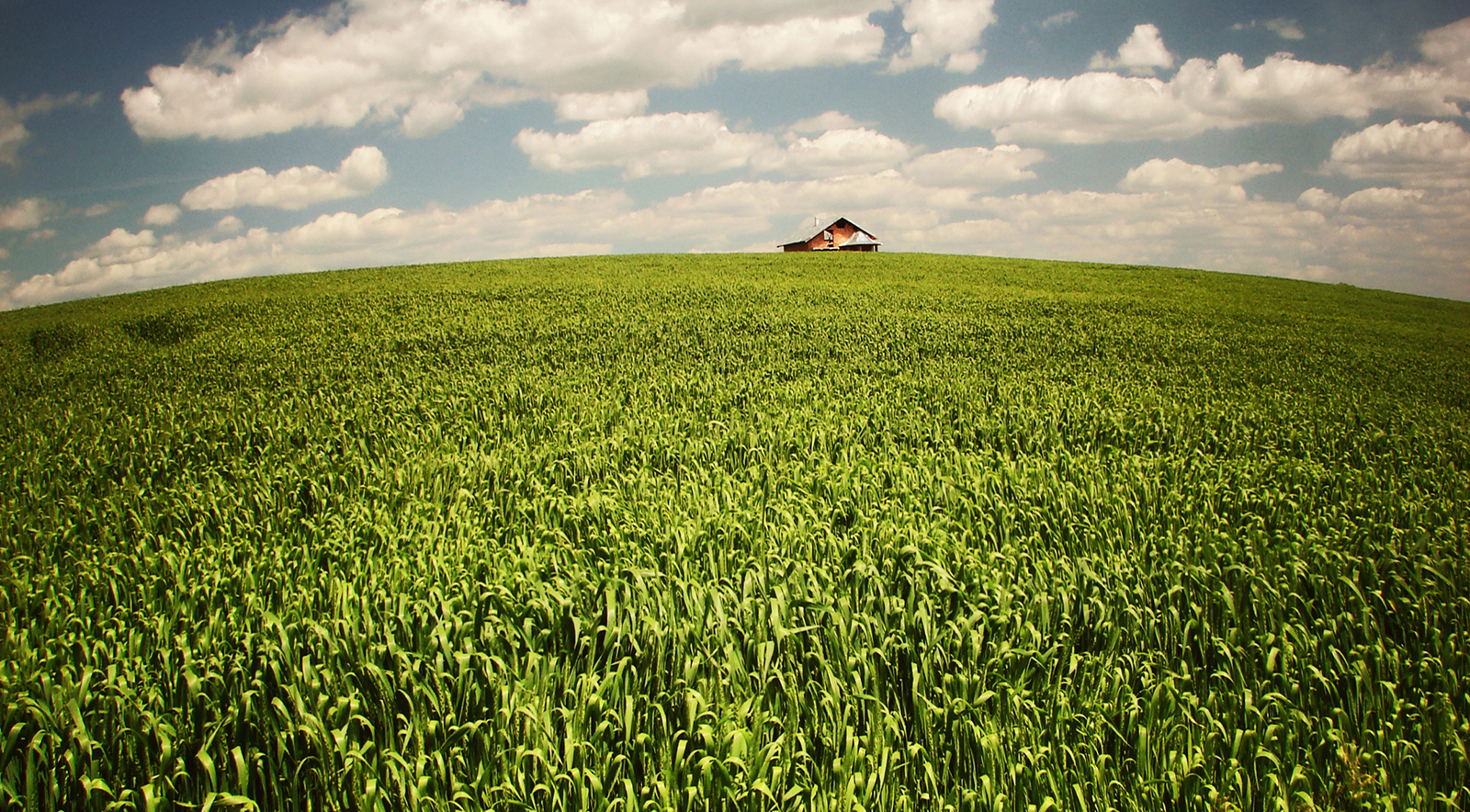Most dreams of self-sufficiency and a connection to nature feature a plot of land to call one’s own. But buying a piece of property with the intent to create a sustainable and self-sufficient existence prompts a lot of questions and demands a great deal of answers. To assist with the process, Rooted spoke with two rural, real estate experts about their best advice for first-time rural property owners — Theresa Mondale, a realtor from Missoula, Mont. who owns a United Country Real Estate franchise, and Pat Snyder, a real estate broker based out of North Carolina from National Land Realty.
Mondale’s real estate company specializes in rural and small acreage land purchases. She serves on the Community Advisory Council for the Montana Fish, Wildlife and Parks Department and also instructs at outdoor youth camps, teaching survival and emergency medical technician skills. Mondale, 58, has been a homesteader for a year on the outskirts of Missoula, where she tends to an organic garden and her own livestock. She also fishes and hunts wildlife near her property.
Snyder, 35, a retired military officer, has been a real estate broker specializing in rural lands, particularly farm and pasture land in North Carolina, for more than a decade. He has been with National Land Realty for three years and helps clients identify market trends, navigate legal concerns, and survive difficult land purchases.
Based on their combined experience and expertise, we offer you five issues to consider before signing on the dotted line for that piece of property.
1. Know that access is everything
It’s important that you have legal access to your land. This means roads, sidewalks, and pavements built around the property. That’s why even though it’s alluring, buying land in the middle of nowhere can create problems because it will be harder to get to your property. Experts say that before buying land, one of the biggest decisions a homesteader will have to make is where their house is going to be located and how much road access they’ll have, so it’s best to find something close to a highway.
2. Let the sun shine in
An abundance of sunlight on your property can be useful for installing solar panels and providing vitamin D for you, your livestock, and your produce, Snyder says. If finding the perfect, sunny spot proves problematic, consider hiring a consultant or homesteading expert to help you, which Snyder says can cost as low as $75 an hour. In fact, a homesteading consultant can help with a range of challenges, including ones relegated to city life and ones that involve an examination of the current property. Mondale once helped a client in southeastern Missouri who wasn’t looking for land but who struggled to find sunlight to grow vegetables in their small city garden. “We were able to find a spot where the sun would hit so they would be able to filter the water and grow a little garden,” says Mondale.
3. Play by the rules
Snyder notes that there are certain government regulations homesteaders should be aware of, such as installing a compost toilet because not all counties allow them. “Just making sure that what their vision is aligned with what the county would allow in the area that they’re thinking about establishing a homestead in,” Snyder says. Mondale echoes the importance of being savvy about government regulations and because of that, suggests those searching for homesteading property avoid one particular region. “The worst place to be is anywhere along the eastern seaboard from New York to Washington, D.C.,” Mondale says. In these states, she explains, the depth and breadth of government restrictions make it harder for people looking to live off the grid.
4. Strike a balance
Buying land with surface water, like a creek or a stream, is necessary for irrigation and animal grazing, Snyder says. But those looking for property should try to strike a balance, Snyder advises, among three very important features — woodlands, which provide resources, open space with some good sun for growing, and water.
5. Consider expert picks
Thanks to a temperate climate, good availability of water, and good quality of life, Mondale considers the Northwest — particularly eastern Washington and Oregon, Idaho, Wyoming, and Montana — to be the best region for new homesteaders. Beyond that, these areas, along with the mountainous areas of the Southwest, offer a lot of wildlife for hunting and fishing. Mondale also recommends the inland southeast, particularly Missouri, for agriculture because of the heat and humidity.
Additional reporting on this story by Micah Castelo.

